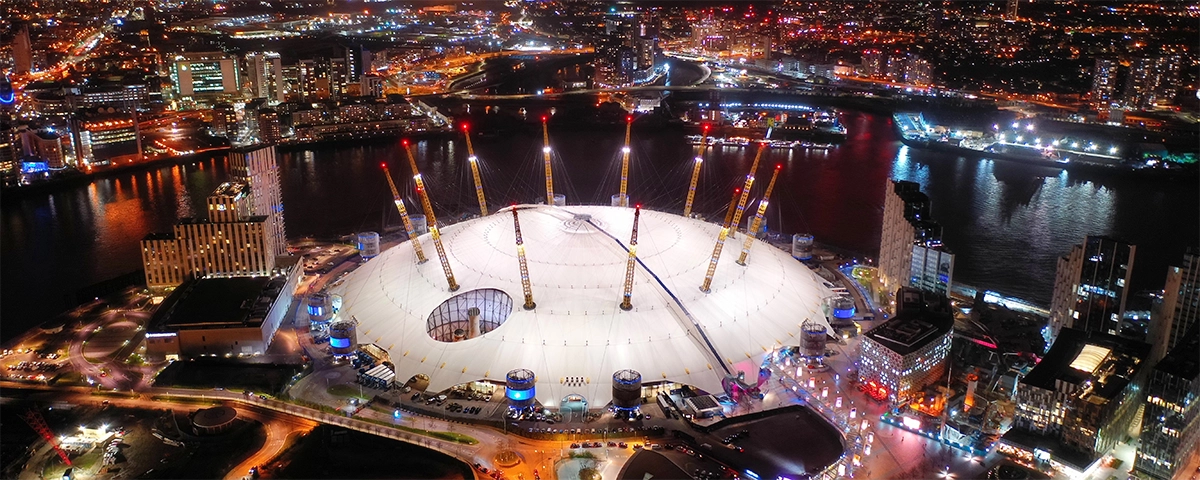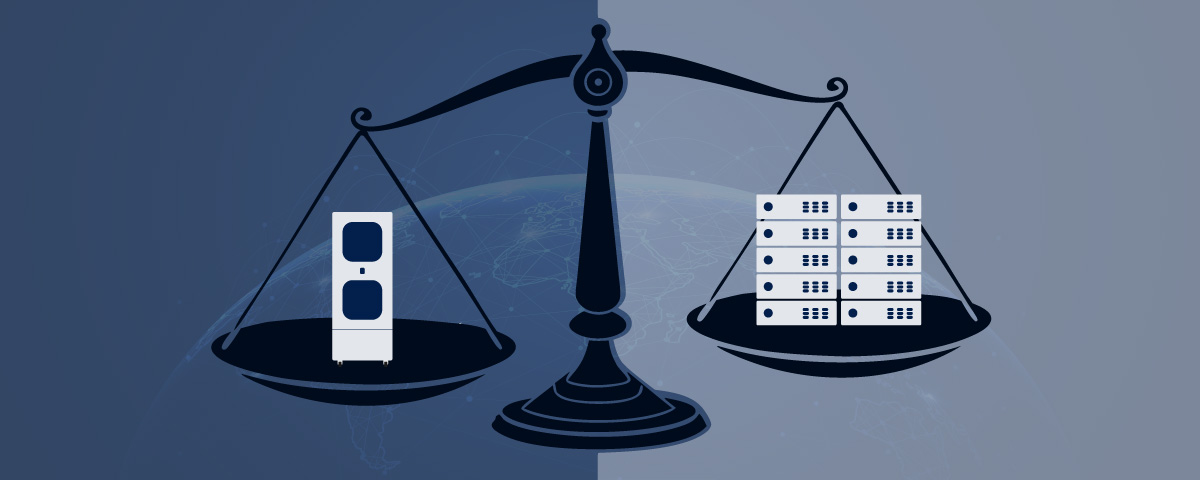In today’s digital age, events and conferences are relying more heavily on technology to deliver seamless experiences to attendees. However, with the increasing demand for real-time data processing and analysis, traditional cloud computing models are becoming less effective, resulting in higher latency and slower response times. This is where edge computing comes into play, and micro data centres are taking centre stage.
Edge Computing and events – some use cases
Edge computing is a distributed computing architecture that brings computing closer to the data source, reducing latency and improving performance. By moving data processing and analysis to the edge of the network, edge computing allows events to provide real-time data insights and support advanced applications such as augmented reality, virtual reality, and live streaming. Additionally, edge computing enables faster decision-making, which is critical for time-sensitive events such as sports and music festivals.
Edge computing is already being utilised in large event venues and stadiums across the globe. There are various use cases for edge computing in major event venues, including real-time data processing for crowd and stadium management, as well as the deployment of ‘audience experience’ applications such as high-definition video streaming, real-time player analytics, and virtual or augmented reality applications.
For example, the Sofi stadium in Los Angeles uses edge computing and networking technologies from a third party to provide streaming media and other digital content to audiences. Another example comes from Germany, where Vodafone recently launched a new 5G app that runs on edge computing and allows football fans to access real-time information and match statistics via their smartphones.
The role of Micro Data Centres
Micro data centres are a vital component of edge computing, providing localised computing resources in a small, modular package. Micro data centres can be deployed anywhere, from a single room to a remote location, and can support a wide range of applications, including data analytics, content delivery, and security.
As micro data centres are flexible and portable, they are perfect for events and conferences that often take place in temporary locations. Micro data centres can be easily be transported and installed in a short amount of time, making them ideal for events that require a quick setup. When it comes to large venues and events, like large music festivals, the micro data centres van be deployed in different locations across the grounds to process data as close to the source as possible.
Event-Ready
Our Micro Data Centres are the ideal solution for events, from sport to music and anything in-between. When it comes to entertainment technology, they tick all the boxes:
- portable – compact and easy to transport
- plug n play – simply connect to a power source (AC or DC)
- indoor / outdoor standardised range
- ready to house any rack-mounted IT equipment
- monitor and manage remotely from a central location
- perfect for distributed set-ups
Get in touch to find out more.





